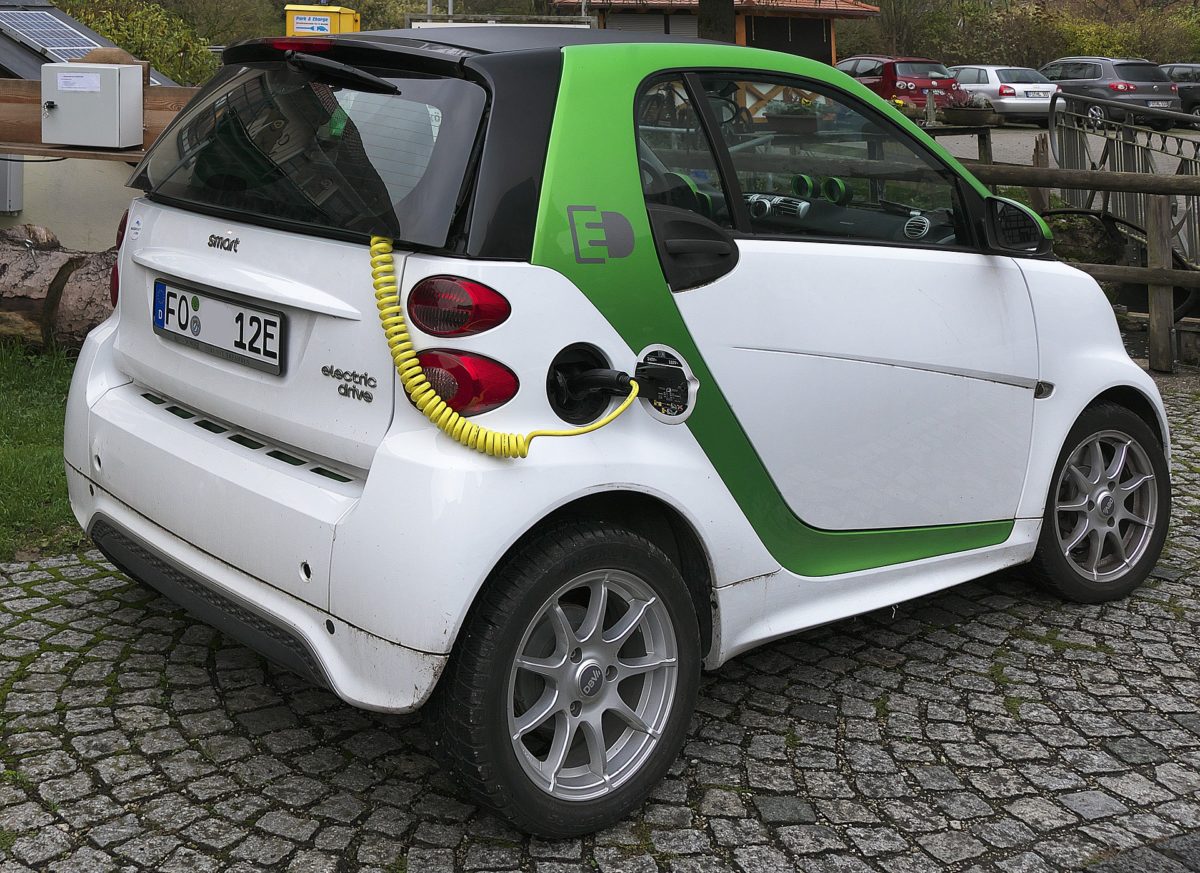In the year 2030, electric vehicles (EVs) will make up just 7% of new car sales in India, owing to a shortage of charging infrastructure and a lack of affordable models — according to the latest forecast from Bloomberg New Energy Finance (BNEF). By comparison, it is expected EVs will make up 44% of European light-duty vehicle sales, with figures of 41% for China, 34% in the US and 17% in Japan.
While India lags behind, Bloomberg forecasts the global market will move into top gear in the second half of the 2020s due to tumbling battery costs and larger-scale manufacturing. It is expected sales of electric cars will surge to 28% worldwide, and electric buses to 84% of their respective global markets by 2030.
The downbeat figure for India contrasts sharply with a recent prediction by Germany-based TFE Consulting that as many as 40% of new vehicles sold in India — approximately 24 million cars — would be battery powered by 2030.
Bloomberg says EV sales will increase from a record 1.1 million worldwide last year to 11 million in 2025, and will then surge to 30 million in 2030 as they establish a cost advantage over internal combustion engine cars. China will lead the transition according to BNEF, with sales accounting for almost half the global EV market in 2025 and 39% in 2030.
The number of traditional vehicles sold per year – gasoline and diesel-fuelled – is expected to start declining in the mid-2020s as EVs gain market share. In 2040, some 60 million EVs are projected to be sold, equivalent to 55% of the global light-duty vehicle market, with shared mobility cars a small but growing element.
BNEF’s projections imply big opportunities for lithium-ion battery manufacturers. China is dominant in the market with a 59% global share of production capacity this year, a figure which is forecast to rise to 73% by 2021.
The standout feature of the EV revolution is demand for electric buses. “China has led this market in spectacular style, accounting for 99% of the world total last year,” says Colin McKerracher, lead analyst on advanced transportation for BNEF. “The rest of the world will follow, and by 2040 we expect 80% of the global municipal bus fleet to be electric.”
The transition to electric transport will have major implications for electricity demand as well as the oil market. It is anticipated EVs and e-buses will use 2000 TWh in 2040, adding 6% to global electricity demand. At the same time, the switch from combustion engines to electric vehicles is expected to displace 7.3 million barrels a day of transport fuel.
This content is protected by copyright and may not be reused. If you want to cooperate with us and would like to reuse some of our content, please contact: editors@pv-magazine.com.



By submitting this form you agree to pv magazine using your data for the purposes of publishing your comment.
Your personal data will only be disclosed or otherwise transmitted to third parties for the purposes of spam filtering or if this is necessary for technical maintenance of the website. Any other transfer to third parties will not take place unless this is justified on the basis of applicable data protection regulations or if pv magazine is legally obliged to do so.
You may revoke this consent at any time with effect for the future, in which case your personal data will be deleted immediately. Otherwise, your data will be deleted if pv magazine has processed your request or the purpose of data storage is fulfilled.
Further information on data privacy can be found in our Data Protection Policy.